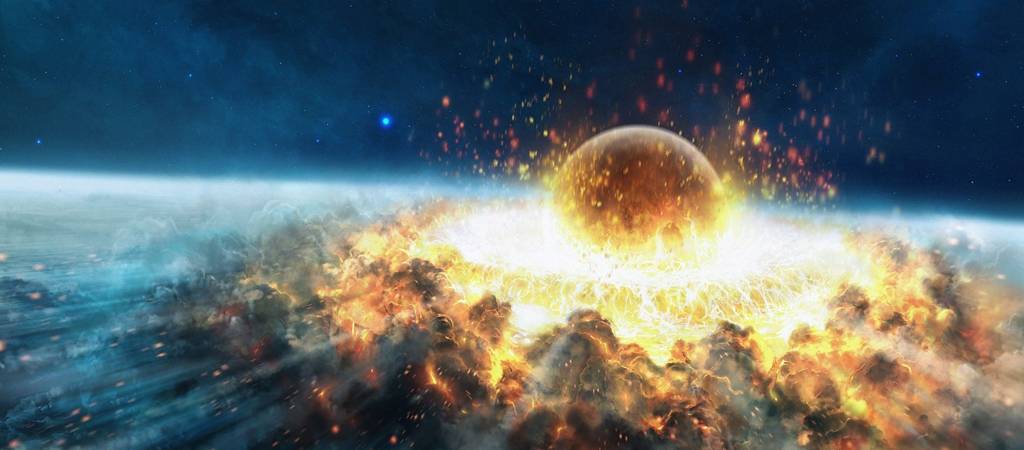IF Earth Stops For 5 Seconds
what would happen if earth stops spinning

Hold tight, because we're about to come to an abrupt halt. Yes, the Earth is going to cease its rotation for a mere five seconds. Ever wondered about the potential havoc such an abrupt stoppage could wreak? Picture this: what if the Earth were to suddenly cease its spinning motion for a brief period, and what repercussions would be unleashed upon different parts of the world during this hiatus? Moreover, once the Earth resumes its spin, would it still be a habitable haven? This is a speculative journey into the hypothetical, exploring the ramifications of a momentary cessation of the Earth's rotation.
The Earth, in its routine cosmic ballet, completes one full rotation on its axis over the course of a day, giving rise to the cycle of day and night. This rotational movement is a result of ancient collisions during the planet's formation approximately 4.6 billion years ago when a colossal disc of gas and dust orbited the Sun. As particles aggregated, forces were generated, setting the Earth into its perpetual spin. Think of it as a colossal figure skater twirling faster and faster, propelled by the momentum acquired in the cosmic dance. With minimal celestial forces to impede its rotation, the Earth continues its celestial pirouette, destined to spin for billions of years.
However, let's entertain the notion of an abrupt halt. If the Earth were to come to an instantaneous standstill, the atmosphere, having inertia of its own, would persist in its motion. Consequently, even though everything on the Earth's surface has come to a sudden stop, powerful winds would persist, far from a gentle breeze. The wind's intensity, however, would vary based on your location on the planet. Near the equator, where the Earth's rotation is most rapid, wind speeds could reach a staggering 1,670 kmph. These winds, far from a mere inconvenience, could wreak havoc, capable of tearing apart the Earth's crust and causing substantial destruction.
In regions like New Zealand or France, where the rotational speed is slightly lower, winds would still be formidable at 1,180 kmph, surpassing the ferocity of any natural storm. Houses would be dislodged from their foundations, cars sent airborne, and concrete structures torn asunder. The winds resulting from the Earth's abrupt halt would be three times more potent than the fiercest storms, creating a cataclysmic scenario where not just individuals, but entire landscapes, would be hurled great distances, although not necessarily off the Earth's surface.
However, survival might find a haven near the North or South Poles, where wind speeds would be comparatively milder. Yet, any sense of relief would be short-lived. In the blink of an eye, the Earth's shape would transform as it reverts to a perfect sphere due to the absence of centrifugal forces generated by its rotation. The water amassed near the equator would rush towards the poles, instigating a colossal tsunami. Five seconds later, as the Earth resumes its rotation, this displaced water would surge back, unleashing a tidal wave of devastating proportions.
In the aftermath, as the Earth returns to its regular rotation, there would be little left intact. Buildings, farmlands, and technology would be obliterated beyond recognition. The brute force of the winds would render billions of lives extinct. If survival is the goal in this apocalyptic scenario, the construction of underground bunkers might be the only viable option. Fortunately, the probability of the Earth halting its rotation in the next few billion years remains exceedingly low. Perhaps, before that hypothetical scenario unfolds, the sun would undergo its own cosmic evolution, turning into a red giant—a tale for another speculative exploration
About the Creator
Enjoyed the story? Support the Creator.
Subscribe for free to receive all their stories in your feed. You could also pledge your support or give them a one-off tip, letting them know you appreciate their work.






Comments (1)
Incredible. I never looked at the earth that way. Living in SW Florida and always worried about tidal surges during a hurricane. your story makes tidal surges all that more real. Scary stuff! But Brilliant!!